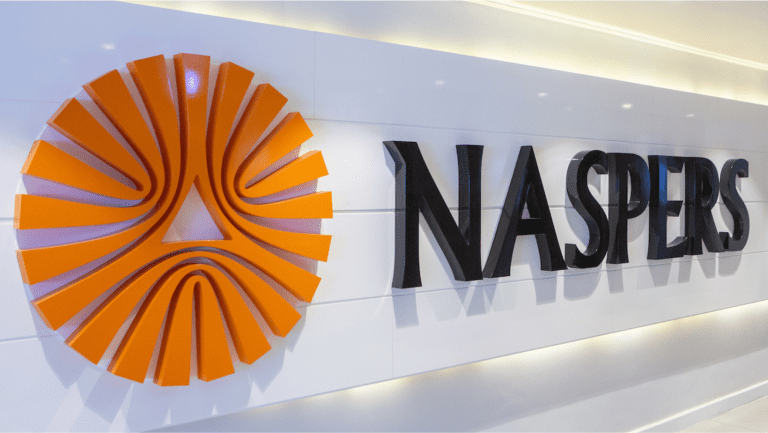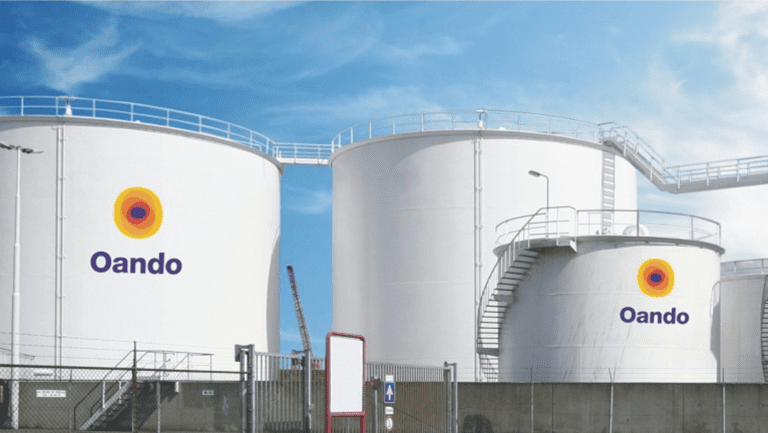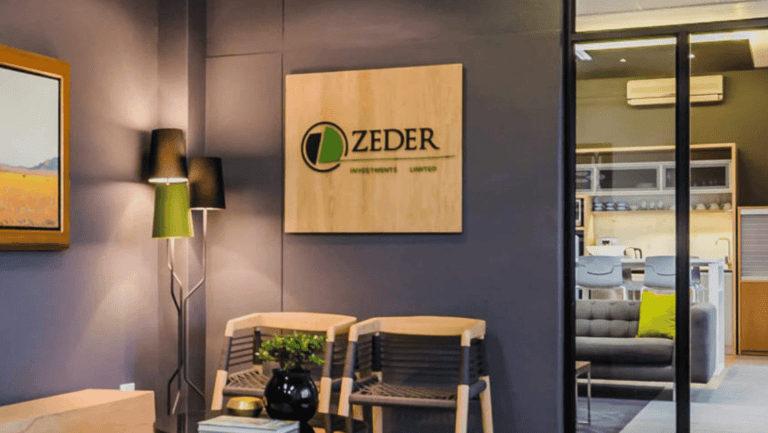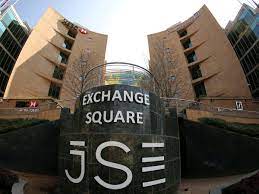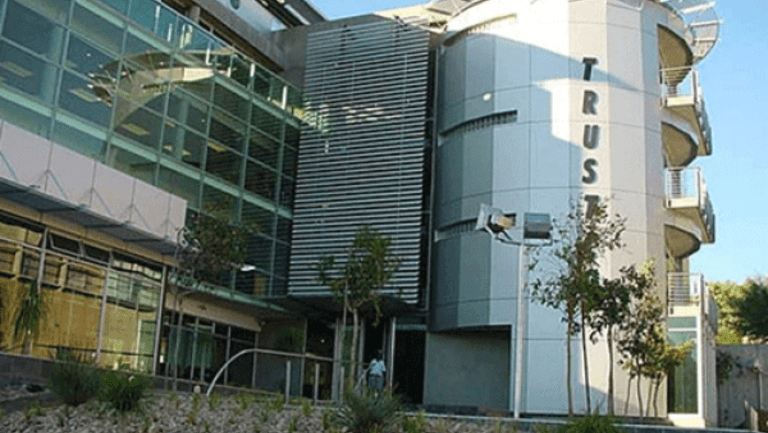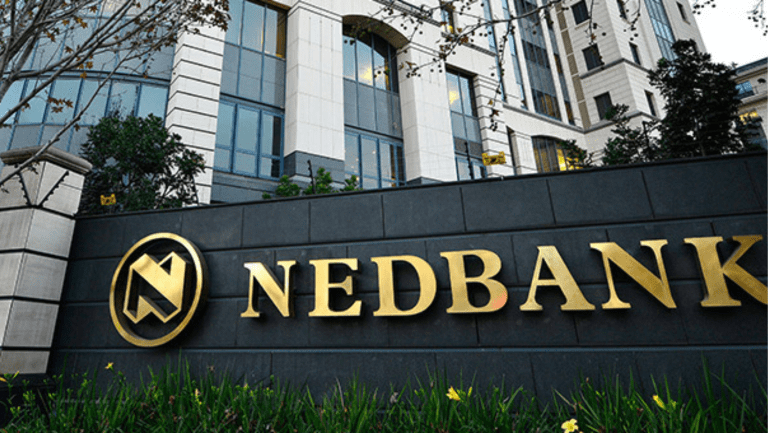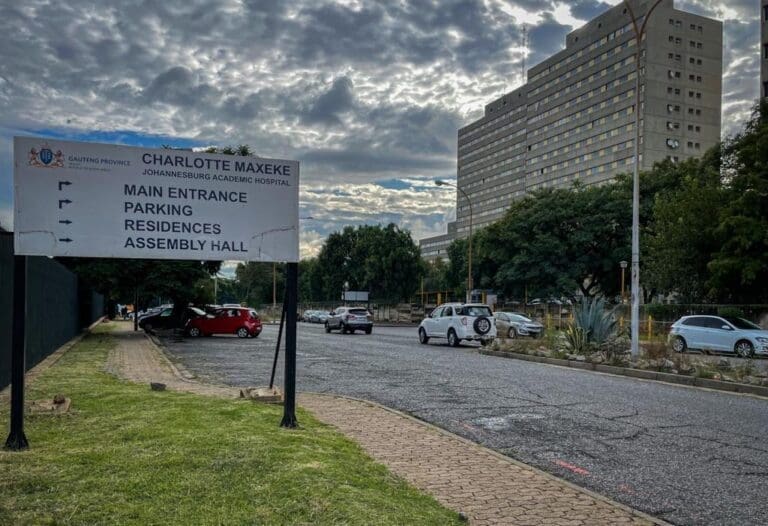When an entrepreneur starts a business, the primary focus is on achieving the vision. However, getting to the vision comes with a set of costs that must be budgeted for. If one is not prepared for the costs associated with starting a business in South Africa, the experience can be overwhelming and lead to administration problems.
As you worry about your company’s profitability, keep in mind that you will incur both fixed and variable costs. Other costs are unavoidable if you want to run a registered business in South Africa, while others can be avoided depending on the type of business you run.
A lack of preparation when starting a business can jeopardize your company’s future. 95% of companies that are formed each year face the risk of becoming dormant within the first five years of formation. This is caused by a lack of budgeting amongst other factors.
We have compiled a list of 15 costs that an entrepreneur in South Africa is likely to incur when starting a business. The following is a list of costs that an entrepreneur should be aware of when establishing a registered business in South Africa.
- Company Registration Costs
The first step is to register a company, which comes with fees. It takes a few hours to register a company in South Africa, and it can be done in less than an hour if one uses BizPortal. The total cost of registering a company is R175.00. The company registration fee is R125.00, and the name reservation fee is R50.00.
If you use a third party to register a company, the cost of registration can be quite high. The total cost of registering a company through a third party can be 1,000% of the actual cost of registering a company directly with the registry.
Other costs associated with company registration may include internet costs, printing costs, and scanning costs if the CIPC eservices website is used.
- Letter Of Good Standing
The letter of good standing is intended for businesses with one or more part-time or full-time employees. The company is required to register with the compensation fund, which is a trust overseen by the compensation commissioner. You will be required to contribute to the compensation fund as an employer.
The total amount you will have to pay is R1,284.00 per year. If you are unsure of how to register for COIDA (Compensation For Occupational Injuries and Diseases Act), you can delegate the task to a third party.
You can expect to pay between R2,000.00 and R4,000.00 through a third party. The registration process for issuing a certificate of good standing can take up to 48 hours.
- Office Space
Depending on the type of business you run, office space may be required. The cost of office space is determined by the location of the business and is typically charged per square meter. The cost of renting an office space can range from R1,000.00 to millions of rands.
Entrepreneurs who require a temporary office space can make use of coworking office space providers such as Regus. The service includes a landline number and a receptionist who will answer your calls. Regus clients pay based on the number of days they use the office and/or boardroom, which is less expensive than renting a full-time office space.
Renting office space from government incubation hubs comes with discounts. Incubation hubs consist of low-cost office space, boardrooms, and small, affordable warehouse space.
- Marketing Costs
Marketing connects the entrepreneur and the customer, and it is the entrepreneur’s responsibility to ensure that he or she engages with potential and existing customers. As an entrepreneur, you must budget for the marketing costs associated with your product and brand.
Today, marketing is also digital, and most people spend the majority of their time in a digital space. Digital marketing not only provides a large audience but also a better way to target relevant audiences. As a result, advertising funds will be used to reach out to potential buyers and convert them into buyers.
The cost of marketing varies by industry, but it is one of the most expensive costs you will incur when putting your business out there. Marketing services can be outsourced for a fee to industry-experienced marketing agencies.
- Website
When running a business in the twenty-first century, chances are, you’ll need a website. The cost of a website is determined by whether you design it yourself or outsource website development.
You can outsource every aspect of a website, from purchasing a domain name to designing and maintaining the site. The hired company must be kept on retainer to ensure that the website functions properly and that any updates to the company and its offerings are added or changed.
A website can range in price from R1500.00 to millions of rands. It will be determined by the complexity of the website and the amount of time required to design the website.
You can build your own website as a business owner. The only costs involved are the cost of purchasing a domain name and the cost of the domain. However, some expenses, such as the purchase of plug-ins to improve the website may occur.
- Insurance
Entrepreneurs must purchase insurance products to protect not only the business they are starting but themselves as well. Employer liability insurance and public liability insurance are two common insurance products purchased by new businesses.
The cost of insurance is recurring and can be paid in advance. You can negotiate a lower premium with your insurance provider or compare rates with other insurers.
- Stationary
Stationary is one of the initial costs incurred by a new business. It is difficult to determine the exact amount of money required for stationery during the early stages of establishing a business because it consists of many smaller items.
Stationery is divided into the following categories:
- Desktop instruments: staplers, punches, sticky tapes, and more.
- Consumable items: photocopy papers, ink cartridges, toners, and more.
- Organisers: pen cups, file holders, noteholders, and more.
- Writing essentials: pens, pencils, highlighters, and other types of writing accessories.
- Paper-based products: notebooks, writing pads, personal organisers, and other types of paper products.
The above classification shows that there are numerous items involved in the stationery costs. Make a budget for these and make sure you have enough money left over to reorder when some of the stationery is finished.
- Taxes
Every registered business in South Africa is subject to income tax. Profits earned will be subject to income tax, minus any special exclusions and/or tax exclusions. Income tax is due at the end of a company’s fiscal year. Corporations are taxed at a flat rate of 28%.
Companies can register for provisional tax, which is paid twice a year on the last days of February and August. If you are unfamiliar with taxes, hire an accountant to assist you in ensuring that you pay your taxes on time.
Other taxes must be collected on behalf of the government by the company. PAYE (Pay As You Earn), which is collected from employees’ earnings, and VAT (Value Added Tax), which is collected from customers, is the most common which are collected by companies.
- Utilities
When you rent a workspace, you will be responsible for the electricity and water that your office consumes. Water is typically the least expensive utility cost, but rates vary by provider. Costs must be budgeted for, particularly the cost of electricity, as it is difficult to conduct business without it.
- Salaries and Wages
Salaries and wages are one of the costs associated with selling goods or services. To keep things running smoothly, labor will be required. The cost of labor will be determined by the level of labor hired which includes the level of experience, qualification and hours worked.
If the founders are fully involved and are the only employees of the business, the cost of labor may not exist as the founder may opt to work for free until the company becomes profitable. Other measures, such as an agreement to pay salaries later, can be taken to postpone salaries and wages for non-founding employees.
Using outcome-based remuneration is one of the best ways to reduce your salaries when starting a new business. This will enable you to get the most out of your employees while they get the remuneration that they deserve.
- Consultation Fees
Consultation Fees can be incurred in the beginning or somewhere in the future. The most common fees associated with consultation fees are legal fees, professional fees, and accounting fees. Accounting fees will be incurred each year, and in some cases, each month, if an accountant is placed on retainer.
Consultation fees are difficult to quantify, and the most effective way to obtain an accurate figure is to obtain a quote from a service provider for the service on which you want consultation.
- Bank Charges
A company’s monthly account fees begin the moment a business account is activated. Monthly account fees will be assessed based on the account you select. Account types include Pay As You Use accounts, which have a monthly flat fee and charges per transaction.
Another type of bank account is a bundled account, which charges a flat fee for the services that come with the account. When you have used some or all of your bundles, bundled account charges are charged outside the bundle fee for each transaction.
Bank charges can range anywhere from R80.00 to thousands of rands. Bank accounts that are more active are more likely to incur high fees. It is best to familiarize yourself with the bank’s account fees and know which transactions to avoid.
- Office Furniture and Equipment
Office furniture and equipment are among the first assets in which companies invest. If you intend to hire people, you will need to purchase office furniture or computer equipment.
There is no need to start large when purchasing furniture or equipment; you can save money by purchasing pre-owned items. Using platforms like OLX, Classifieds, or Gumtree can assist you in purchasing low-cost business assets.
- IT Support
IT Support will be required on occasion. Those who run internet-based businesses are more likely to use IT Support services on a regular basis. The amount of money spent on IT support will be determined by the type of business you run.
For more complex IT assignments, you may be charged anything from R2,000.00 per hour to R5,000.00 per hour. If you are running a simple start-up with a simple website with no mobile application, you do not need to worry about this cost since you will incur generally low costs on IT support.
- Internet Connection
We live in a digital age where conducting business over the internet is the norm. You will need an internet connection to start a business. You can choose between uncapped internet service and capped internet service based on what makes the most financial sense for you.
Rain, for example, provides uncapped low-cost internet service and you can use it as your starter pack for your business internet solution. If you need to connect a large number of people, fiber internet is the way to go. Internet costs should range between R250.00 and R2000.00 per month.
Conclusion
Take some time to understand the costs that you will incur when starting a business. Then, create a budget for them; this is the most difficult part, but it is critical if your business is to succeed. Don’t start a business blindfolded and expect an idea to get you from point A to point B.
It takes more than an idea to get to where you want to go; in fact, many people argue that human resources are the most important factor to consider when starting a business, followed by the idea. However, the two work together and must complement each other in all aspects, including money.




